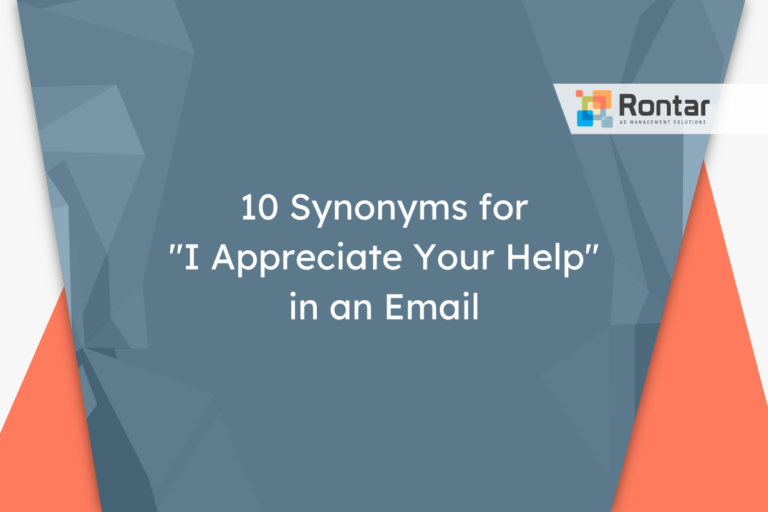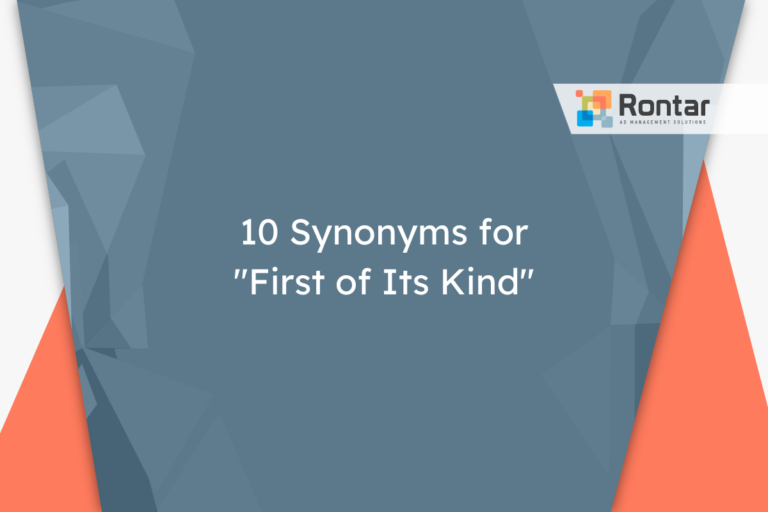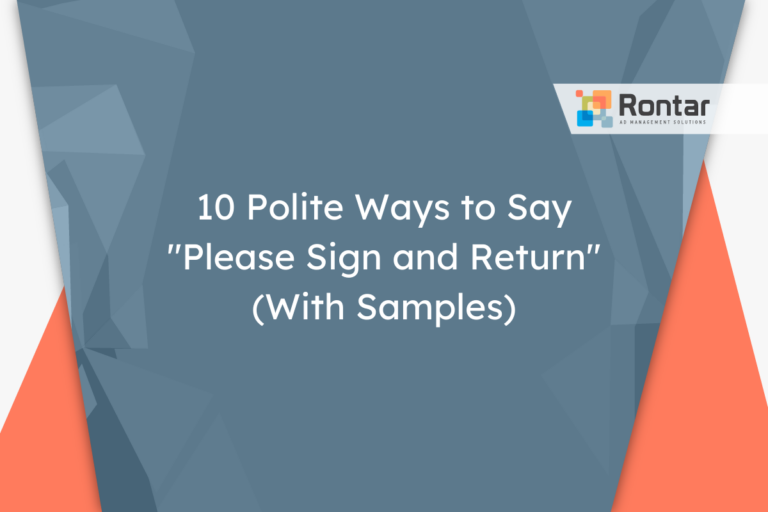10 Other Ways to Say “Enjoy Your Time Off” in an Email

When you want to wish someone a good break from work, saying “enjoy your time off” is a common choice. But using the same phrase over and over can get boring.
This article lists ten different ways to express this sentiment, making your messages more interesting and varied. Each alternative is explained, along with when and how to use it, to help you find the perfect way to send off your colleagues, friends, or clients.
Is It Professional to Say “Enjoy Your Time Off”?
The phrase “enjoy your time off” is generally considered professional, formal or informal depending on the context, and always polite. It’s a friendly and courteous way to acknowledge someone’s break or vacation. This phrase fits well in both formal and informal emails, depending on your relationship with the recipient and the overall tone of the message.
It’s suitable for use with colleagues, clients, or any professional contacts, especially when you are aware they are taking a break or going on vacation. It’s also appropriate for more informal communication channels, like text messages or chat applications, when communicating with coworkers you’re close with.
Email example:
Hello Alex, As you wrap up your projects before your break, I just wanted to wish you a smooth transition into your vacation time. Enjoy your time off and come back refreshed! Best wishes, Samantha
Let’s consider the pros and cons of using this phrase:
Pros:
- It’s friendly and shows you care about the person’s well-being.
- Makes the recipient feel valued and appreciated.
- Appropriate for a wide range of situations and recipients.
Cons:
- May seem too casual in very formal business contexts.
- Could be perceived as insincere if not matched with the overall tone of the email.
- Not specific, which might make it feel less personal in certain cases.
Someone might want to use an alternative phrase to “enjoy your time off” to better match the tone of their message or to add a more personal touch. Using synonyms or alternatives can also help to vary language in repeated communications, keeping your messages fresh and engaging.
10 Other Ways to Say “Enjoy Your Time Off” in an Email
Looking for different ways to wish someone a good break? Here are ten alternatives to “enjoy your time off” that can add variety to your emails:
- Hope you have a fantastic time off!
- Enjoy your well-deserved break!
- Have a wonderful holiday!
- Safe travels during your time off!
- Make the most of your break!
- Wishing you a relaxing vacation!
- Have a great break!
- Enjoy your break!
- Take care and enjoy your break!
- Recharge and relax!
1. Hope you have a fantastic time off!
This alternative is less formal than the original phrase but still very polite. It carries an enthusiastic tone, making it a great synonym for expressing good wishes.
This phrase is well-suited for emails to colleagues or clients you have a friendly relationship with. It’s perfect for more informal emails or messages where you want to convey warmth and genuine care. It works well in both professional and personal contexts, especially when the break is for something exciting like a holiday or an adventure.
Example:
Hello Marcus, As you head out for your adventurous journey, hope you have a fantastic time off! Warm regards, Elena
2. Enjoy your well-deserved break!
This alternative emphasizes that the break is earned, which adds a touch of acknowledgment to the recipient’s hard work. It’s slightly more formal than the original, yet remains polite and appreciative.
Suitable for professional settings where you want to acknowledge someone’s effort and encourage them to relax. It fits well in emails to team members after completing a big project, or to a colleague before a planned vacation. This message works best in a professional but friendly tone.
Here’s an example:
Hi Julia, Congratulations on finishing the project. Enjoy your well-deserved break! Best, Tom
3. Have a wonderful holiday!
This phrase is more specific, referring directly to a holiday. It’s equally polite but carries a more joyful and festive tone, making it a great alternative for holiday seasons.
It’s ideal for seasonal greetings, such as Christmas, New Year’s, or any other holiday period. This phrase is best used with colleagues, clients, or business partners to convey warm holiday wishes. It’s suitable for both formal and informal communication, depending on the relationship with the recipient.
Here’s a sample email:
Hello Simon, Wishing you and your family a peaceful end to the year. Have a wonderful holiday! Cheers, Nadia
4. Safe travels during your time off!
This alternative focuses on the safety of the recipient’s journey, making it more specific than the original. It’s a thoughtful and polite way to show care for someone’s well-being during travel.
This phrase is best for when you know the recipient will be traveling. It’s suitable for both professional and personal contexts, especially in informal emails or messages to colleagues, friends, or family members about to go on a trip. We recommend using it in any communication channel.
Here’s a quick example:
Hello Luis, Just a quick note to wish you well on your journey. Safe travels during your time off! All the best, Rebecca
5. Make the most of your break!
Encouraging and optimistic, this phrase motivates the recipient to fully enjoy their time off. It’s slightly more informal but remains polite and supportive, serving as a great synonym for the original phrase.
This alternative is perfect for sending to colleagues or peers, especially after a period of hard work. It suggests a sense of accomplishment and the importance of rest, suitable for emails or messages in a casual professional setting or among friends.
Example:
Hello Helen, You've been working so hard these past few months. Make the most of your break! Warm wishes, George
6. Wishing you a relaxing vacation!
This phrase specifically wishes the recipient a calm and soothing break, making it a bit more specific than the original. It’s polite and expresses a genuine desire for the recipient’s relaxation.
It’s particularly suitable for emails to colleagues or clients who are going on vacation, especially after a busy work period. This phrase works well in both formal and informal settings, emphasizing the importance of rest and relaxation.
Here’s a sample email:
Dear Brenda, As you step away from the office, wishing you a relaxing vacation! Best, Carl
7. Have a great break!
This alternative is concise and to the point, offering a synonym that’s very informal yet still polite. It’s perfect for casual messages where brevity is appreciated.
This phrase is well-suited for short emails or messages to colleagues and friends. It’s especially fitting for less formal workplaces or when sending a quick note of good wishes for any type of break.
Here’s an example:
Hi Zack, Looking forward to hearing about your adventures. Have a great break! Cheers, Mia
8. Enjoy your break!
Direct and friendly, this phrase is a straightforward alternative to “enjoy your time off.” It’s informal but universally polite, making it a versatile choice for various contexts.
This alternative works in almost any situation, whether it’s a professional email to a colleague or a message to a friend. It’s especially useful when you want to keep the message brief yet warm and encouraging.
Here’s how you could use it:
Hey Elliot, Just wanted to say, enjoy your break! All the best, Fiona
9. Take care and enjoy your break!
Adding “take care” to the wish adds a layer of personal care and concern, making it slightly more informal and yet deeply polite. This version suggests a closer relationship or a higher level of care for the recipient’s well-being.
This phrase is ideal for recipients with whom you share a good rapport, such as close colleagues, friends at work, or long-standing clients. It’s perfect for emails where you want to express both care and a wish for a good break, suitable for informal or semi-formal communication channels.
Here’s a brief example:
Hi Jamie, As you head out, take care and enjoy your break! Warm regards, Andrea
10. Recharge and relax!
This alternative focuses on the benefits of taking time off, urging the recipient to replenish their energy and enjoy some relaxation. It’s informal, straightforward, and very polite, offering a refreshing twist on the standard farewell.
It’s best used with individuals who have been under a lot of stress or working hard, indicating a thoughtful understanding of their need for downtime. This phrase is perfect for messages to colleagues or team members after a particularly demanding project or season. It’s also well-suited for informal emails or texts, where a more personal touch is appropriate.
Email example:
Hi Oliver, You've done an incredible job these past few months. Recharge and relax! Best, Sophia
Final Thoughts
Choosing the right words to wish someone a pleasant break is important. It shows you care and adds a personal touch to your message. With the ten alternatives provided, you can easily switch up your language to keep your emails fresh and heartfelt.






